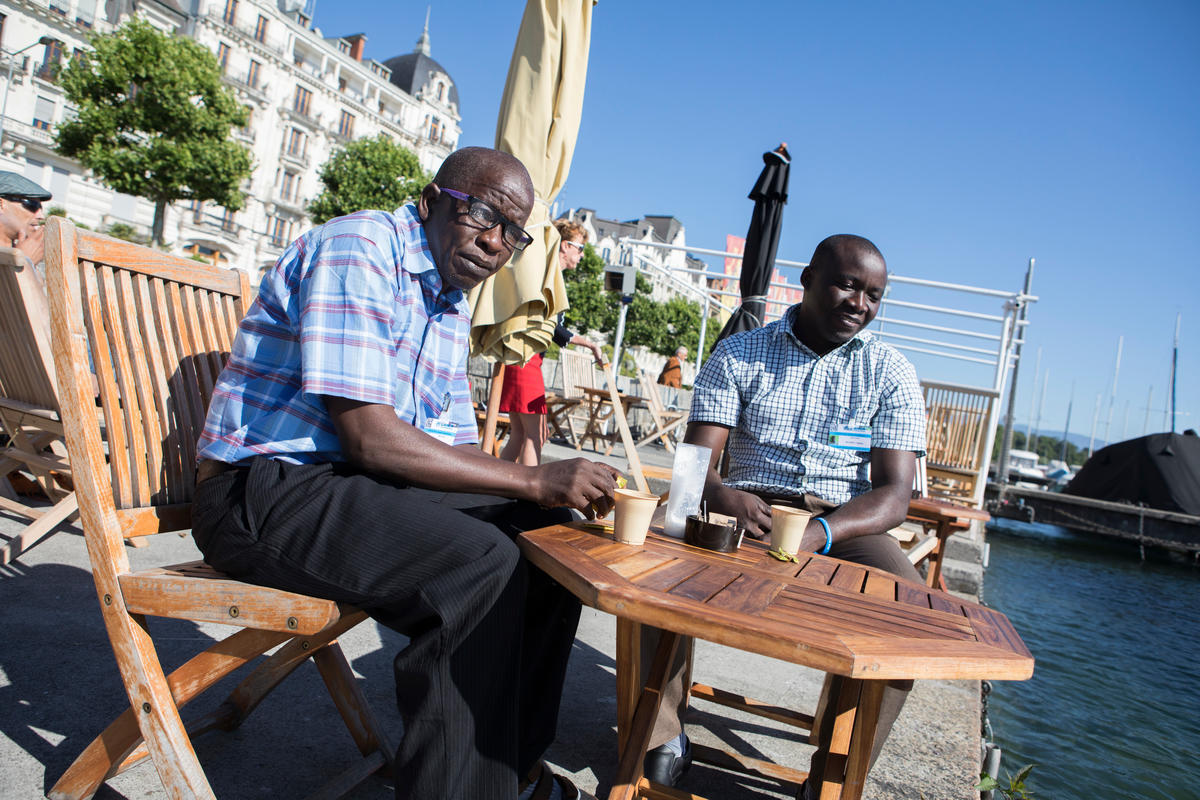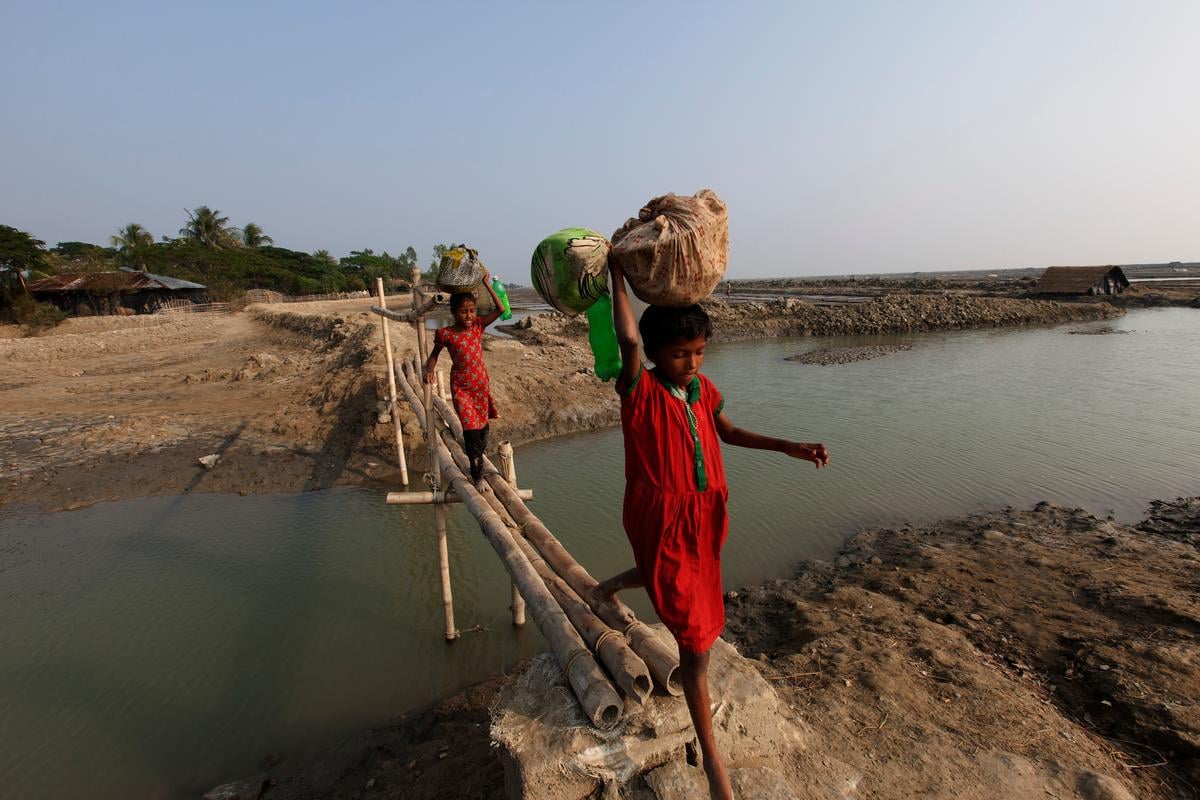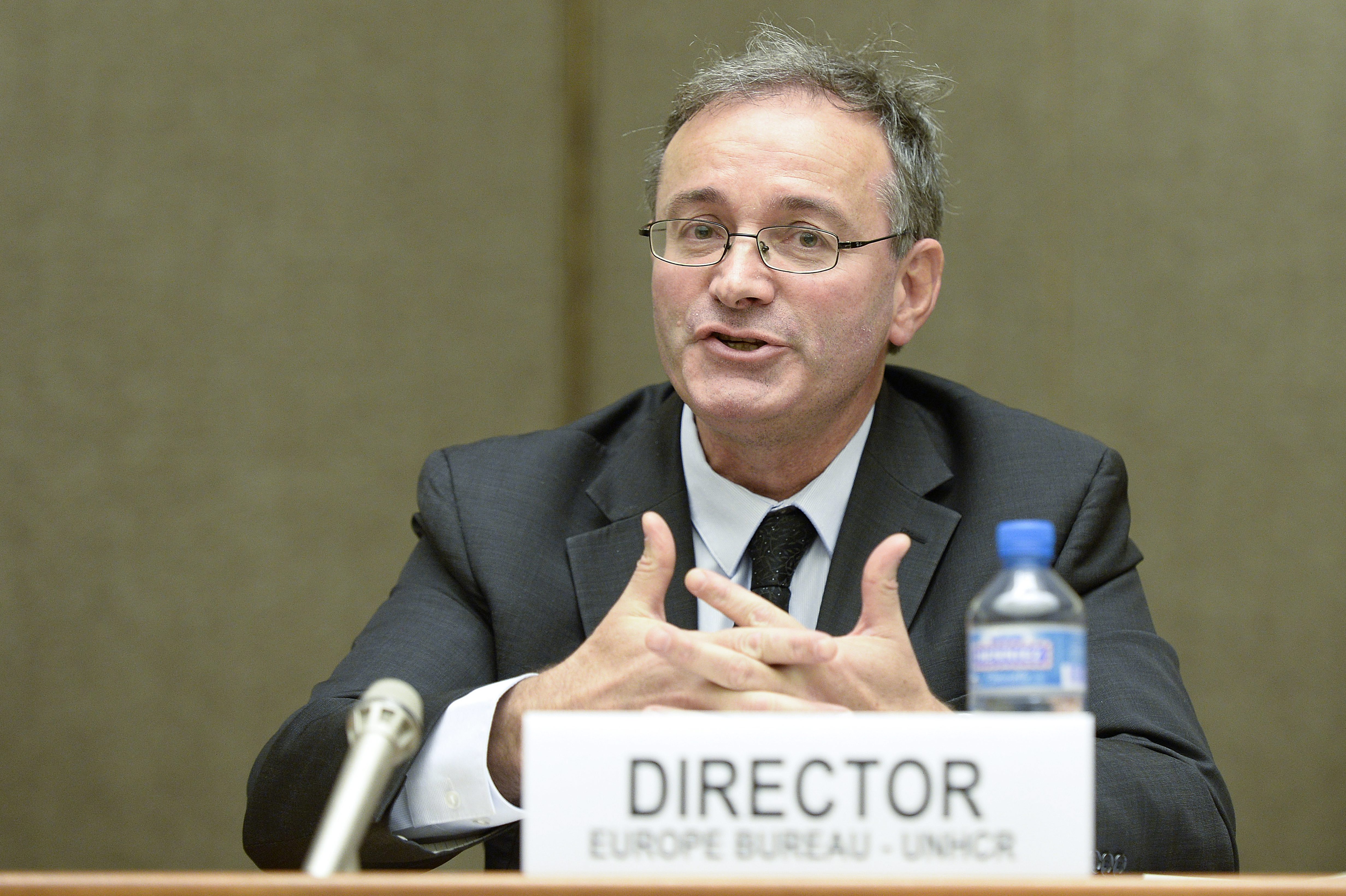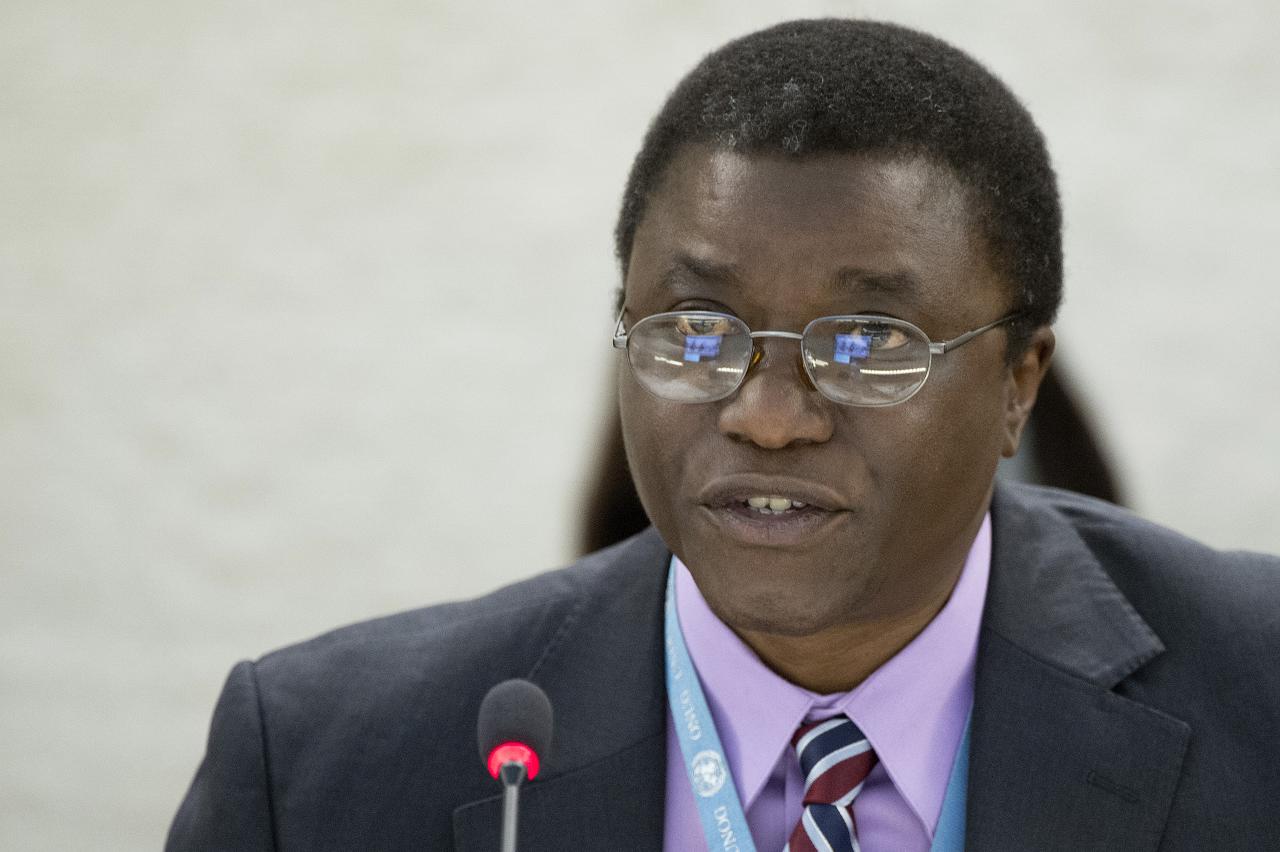Q&A: Former Cambodian refugee chronicles Iraqi displacement
Q&A: Former Cambodian refugee chronicles Iraqi displacement

WASHINGTON, D.C., United States, August 29 (UNHCR) - A former child refugee from Cambodia, Kalyanee Mam has sought to raise awareness of refugee issues through her work as a lawyer, photographer and documentary maker. She and her family fled Cambodia in 1979, following the Vietnamese invasion that toppled Pol Pot's brutal Khmer Rouge regime. The fighting in Cambodia continued throughout the 1980s. After working as a lawyer in Iraq, Kalyanee decided to make a documentary on Iraqi refugees in Jordan, Syria and Egypt, which was completed in early August. She spoke recently with UNHCR Public Information Intern Morana Song. Excerpts from the interview:
How did you come to the United States?
When the war ended in 1979, my family fled to Thailand where we lived in a refugee camp for two years. In 1981 we were resettled to the US; to Houston, Texas. I was four years old at the time. Being welcomed to the US as a refugee was a wonderful experience for my family, and in making this film I hope to use my good fortune to highlight the situation of other refugees.
How would you describe your role in raising awareness of refugee issues?
I've always felt connected to refugee issues because of my own experience. I'd like to bring that connection to others because I know that not everyone has had the opportunity to meet Iraqi refugees. If you ask me what my role is, it is really to better understand what happened to these refugees and to bring that understanding back to the United States.
Can you describe your work as a lawyer in Iraq?
I was there for six months. I worked for the government of Iraq, helping them to reform their commercial laws. While I was there, many of my Iraqi friends started telling me stories of their lives during the Saddam Hussein regime, during the sanctions, and after the US occupation. I was so intrigued by their stories that I would record them at night in my room.
Please tell us about the documentary, "Between Earth and Sky"
The documentary was inspired by one particular Iraqi woman whom I filmed in Jordan. She told me that she and her family couldn't touch the ground or reach the sky because they were stuck in between, like between borders. So that's how the title came about. Many Iraqis feel the same way. They don't feel that they have any long-term solutions.
The documentary features three stories. The first is about an artist family in Jordan. I lived with them maybe a month, mostly getting to know them and gaining their trust. Iraq is a country rich in history, art and culture and the family is really at the centre of that richness. In the second story, I focused on two brothers who are separated from each other. One is living in Syria and the other one is living in Egypt. The third story is about a 16-year-old refugee artist living in Egypt.
What do you want to tell the world through "Between Earth and Sky"?
It's the Iraqis speaking for themselves, and my role is to connect people to them. I really want to show how amazing and human they are. In the media you only see bodies and numbers; you never get to see the human being, or the spirit, or the soul of Iraqis. I want to make the point that resettlement is not the answer for everyone because millions of Iraqis need more permanent and durable solutions.
A lot of Iraqis in Syria are not in school or working. And in Jordan they don't have residency, and without residency you can't work. More resources have to be provided to UNHCR and other organizations that are helping Iraqi refugees. There need to be more programmes that provide job training and education. The security situation in Iraq also needs to improve so Iraqis can return to their country.
You talk of connecting to other people. What role does that play in your work?
I feel more whole as a person when I find someone who can understand me, or I can understand them. The reason why we have so many problems is because we don't tolerate others. It will keep repeating in history if we don't understand each other and connect to each other. I'd like to continue to document stories of refugees, share my own experience with others and connect with people in that personal way.









